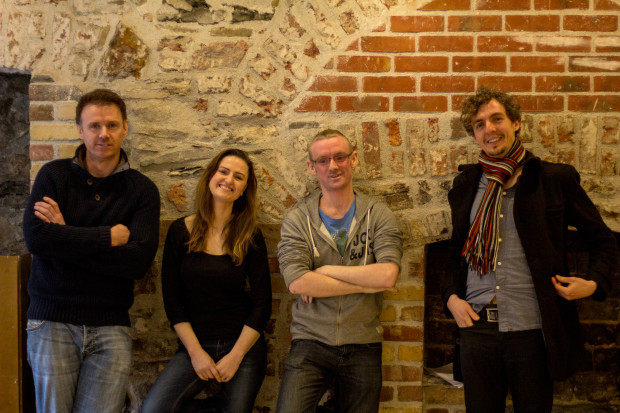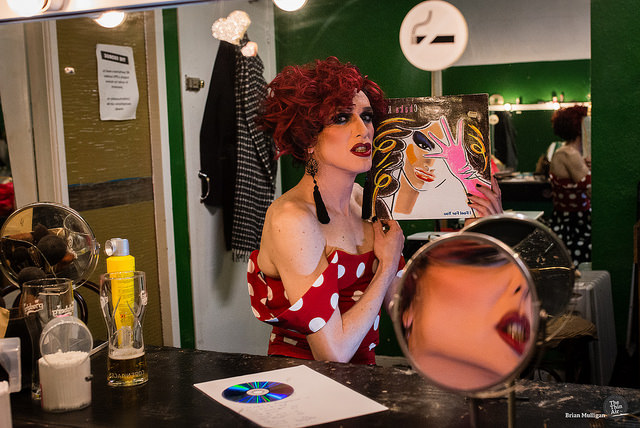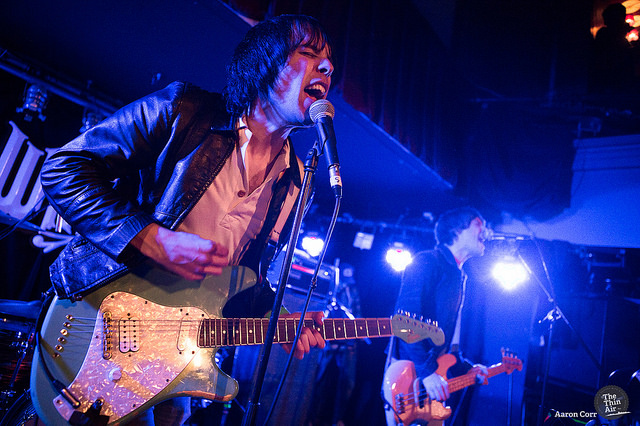Following the recent debut of their first full drama Beasts, fledgling company Home You Go Productions premieres its second play Blind Date in the back half of the 12th Annual International Dublin Gay Theatre Festival. Written and directed by Colette Cullen, the show sits at a digestible 60 minutes with two separate acts and no intermission. As the title suggests, the show’s content concerns dating, specifically the awkward world of blind dating. Though Cullen halves her opus in two distinct experiences, the acts speak to each other in startlingly parallel ways, and they colour one another with nuance that would otherwise be less pronounced if there were a break between them. Moreover, Cullen guides her cast with the same approachably poignant touch with which she moulds her script.
Each act relates the story of a blind date, the first between a man and woman, the second between two men. The characters detail their accounts of each date in the form of first-person, eye-witness testimony, unpacking relatable backstories, risk-taking romance, and even bleak moments of tragedy in their narratives. This choice in narration helps to create a bridge between the two tales. Yet in constructing the stories’ delivery through personal testimonials, the show forces the audience to become a jury of the players’ peers which is where the risk of the show lies. Left with first-hand statements and no scenic delivery of the dates themselves, we’re forced not only to imagine, but to judge the plausibility of the humans we see before us. Moreover, with pieces from both sides of each story at our disposal, we’re left to ponder the values of perspective and background in events that go awry. The choice works in that it forces application of mind and rapt attention. However, such a choice also befits the kind of genre that normally holds an agenda. Blind Date parallels two different yet similar romantic encounters and follows them both through to catastrophe. Such a reflective setup might point to a philosophy that doesn’t privilege the experience of one group over another but rather enjoys their commonalities for their mere existence. In other words, the agenda is, simply, no agenda, a striking theme in this festival. Yet the trial-by-jury construction of the stories might also point to the show’s conclusion as the main agenda, with the reasons for romantic breakdown as the primary issue for consumption. The risk is the confusion of the play’s intentions.
Still, even with this roll of the narrative dice at stake, Cullen and cast build two stories that experience those risks in tandem and leave the audience with an understanding that romance favours neither gender or sexuality. Blind to such matters, the quest holds the same triumphs and perils for all. Despite realising the bitter grief of defeat in love, Blind Date lands this personal statement with a soft touch. Joe Madsen






